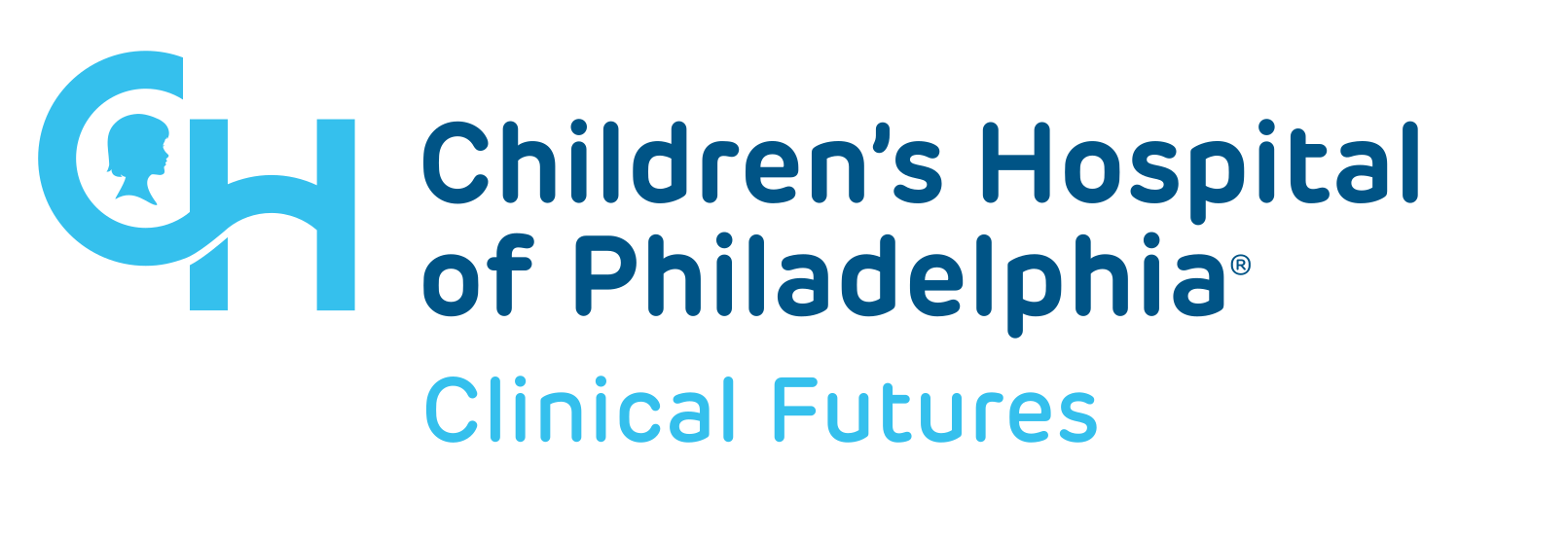Research In Practice Blog
Breadcrumb

When children are hospitalized, their parents and caregivers often find their finances strained – both because of reduced income due to missed workdays, and because of increased expenses including paying for transportation to the hospital and for food while they are in the hospital. This financial strain can exacerbate health-related social needs like food insecurity and housing instability. For families of children with complex chronic conditions (CCCs), these negative impacts are even more pronounced. Previous research has found that families of children with CCCs have an increased risk of hospitalization and that these families spend more time on care coordination.
While one national study uncovered that more than 50% of children with CCCs have social needs, no prior studies have examined the association between CCCs and social needs specifically among hospitalized children. Hospitalization may both exacerbate preexisting social needs among children with CCCs and provide a valuable opportunity for these needs to be identified and addressed.
In a new Research Brief in Hospital Pediatrics, a team of researchers from Clinical Futures, including Aditi Vasan, MD, MSHP, Chén Kenyon, MD, MSHP, Chris Feudtner, MD, PhD, MPH, and Alexander Fiks, MD, MSCE, aimed to explore the prevalence of social needs reported by caregivers of hospitalized children with CCCs. Their findings could help inform the design and targeting of effective social support programs.
Study Design and Findings
The sample for this study included 1,499 children aged 0 to 18 years, of whom 25.4% had 1 CCC and 9.5% had two or more CCCs. Reported data and demographic information from patient records were used to determine the prevalence of social needs. Six social needs were considered: food, housing, transportation, utilities, caregiver mental health, and intimate partner violence.
Among caregivers whose children had two or more CCCs, 53.1% had one social need. For children with 1 CCC group, the prevalence of any social need was 43.9%. For the group with no reported CCCs, it was 42.2%.
(See Table 1)
|
|
Patients Without CCCs (N = 976) |
Patients With 1 CCC (N = 380) |
Patients With 2+ CCCs (N = 143) |
|
Unadjusted prevalence of any social need, n (%) |
412 (42.2) |
167 (43.9) |
76 (53.1) |
Caregivers of children with 2+ CCCs had a greater unadjusted prevalence of all social needs, and almost one-third of these caregivers (30.1%) reported mental health needs.
In adjusted analyses, having two or more CCCs increased the probability of experiencing any need by 16.5 percentage points. These caregivers had an increased likelihood of experiencing food insecurity during their hospitalization, difficulty with transportation to medical appointments, difficulty paying for utilities, and mental health needs.
Implications and Insights
Caregivers of hospitalized children with multiple complex chronic conditions (CCCs) are more likely to experience social needs, particularly mental health needs.
The findings from this analysis support the implementation of inpatient social needs screening and support programs that prioritize resource allocation for families of children with complex chronic conditions. These families might especially benefit from mental health resources and longitudinal support from social workers or community health workers.
Researchers found that by developing and implementing support programs that address identified social needs, hospitals may be able to alleviate families’ social needs. This, in turn, could lead to improved physical and mental health for both caregivers and children. Proactively addressing social needs may also help reduce the frequency of acute care utilization, such as emergency department visits. Ultimately, this can decrease stress and financial strain on families, enhancing their overall well-being and fostering a healthier environment that promotes their children’s medical and emotional recovery.
Clinical Futures author(s): Aditi Vasan(first), Chén Kenyon, Chris Feudtner, Alexander Fiks (last)
